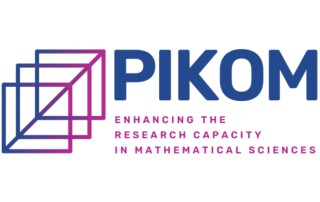Applied Mathematics Seminar
The next meeting of the Applied Mathematics Seminar will be held online on June 3, 2025, at 3:00 pm: Join Zoom Meeting https://us02web.zoom.us/j/87588684853?pwd=4xPgBSVfxBwjV4P8hrsHn2rN9gWQGB.1 Meeting ID: 875 8868 4853 Passcode: 711528 A generalization of Meijer's G function motivated by probability Speaker: Dmitrii Karp Abstract: Meijer's G function appeared in probability in 1930-ies even before Meijer's work as the density of the product of independent beta variables and as the density of the likelihood ratio test for samples drawn from many classical probability distributions. It is defined by a contour integral of the appropriate ratio of gamma products (sometimes reducible to the inverse Mellin transform). Replacing the Euler gamma function by the Barnes double gamma function in this contour integral, we introduce a new family of special [...]


